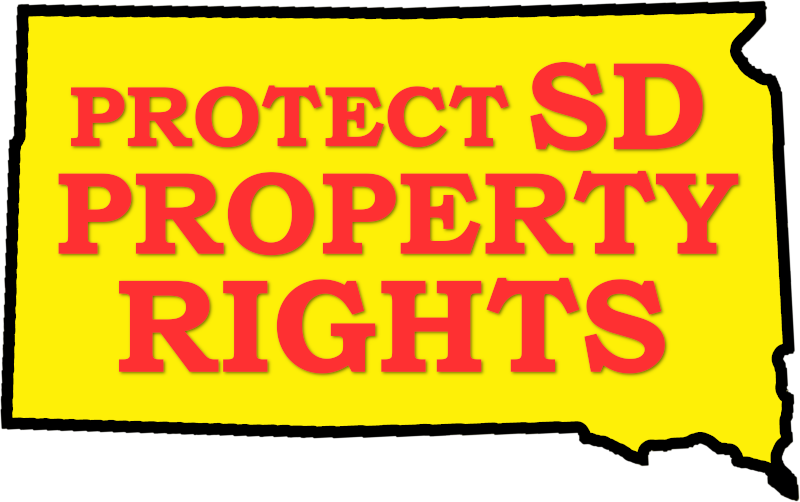The South Dakota legislature is a self-governing body by design, and South Dakotans expect their elected senators and representatives to govern in accordance with South Dakota coded law and prescribed decorum and civic decency. The state senate and house of representatives each have an ethics committee to address any violations of the joint rules that govern the official conduct and behavior of all legislators. Two key rules that pertain are Joint Rules 1B-1 and 1B-3:
Joint Rule 1B-1, Maintenance of ethical standards:
The people of South Dakota require that their legislators maintain the highest of moral and ethical standards as such standards are essential to assure the trust, respect and confidence of our citizens. Legislators have a solemn responsibility to avoid improper behavior and refrain from conduct that is unbecoming to the Legislature or that is inconsistent with the Legislature’s ability to maintain the respect and trust of the people it serves. While it is not possible to write rules to cover every circumstance, each legislator must do everything in his or her power to deal honorably with the public and with his or her colleagues and must promote an atmosphere in which ethical behavior is readily recognized as a priority and is practiced continually, without fail.
Joint Rule 1B-3, Professional conduct and civility:
The South Dakota Legislature will strengthen and sustain an atmosphere of professional conduct and civility among its members and with all staff and will not tolerate harassment or offensive behavior based on race, color, religion, national origin, gender, age, or disability. Harassing or offensive behavior may include the use of electronic communications through social media or otherwise, whether actual or attempted. Legislators must refrain from any and all such harassment or offensive conduct. This prohibition against harassment also encompasses sexual harassment including unwelcome sexual advances, requests for sexual favors, and other verbal, non-verbal, or physical conduct of a sexually harassing nature, when: (1) submission to the harassment is made either explicitly or implicitly a term or condition of employment or other employment determinations, or (2) the harassment has the purpose or effect of unreasonably interfering with an individual’s work performance or creates an intimidating, hostile, or offensive working environment.
